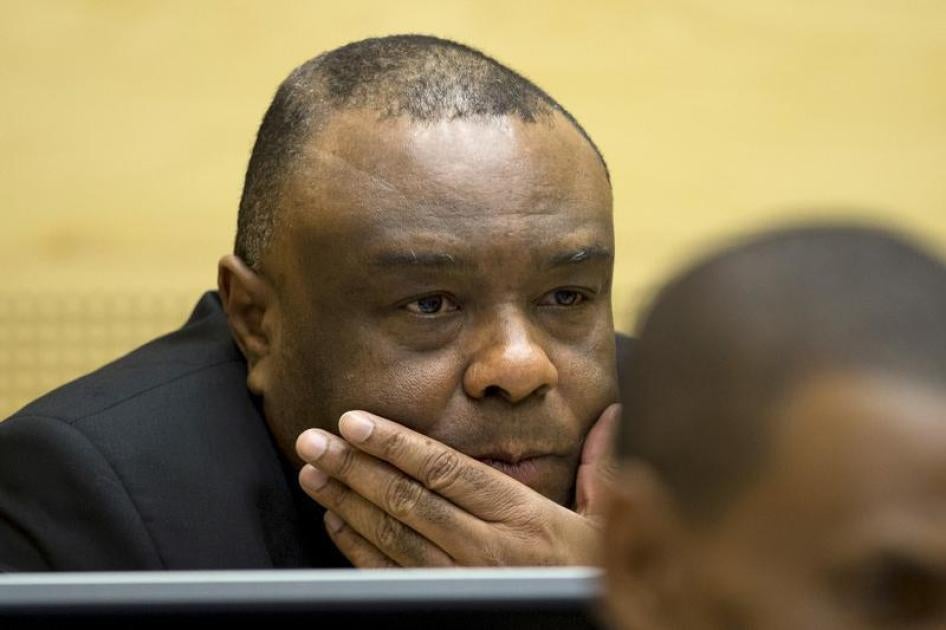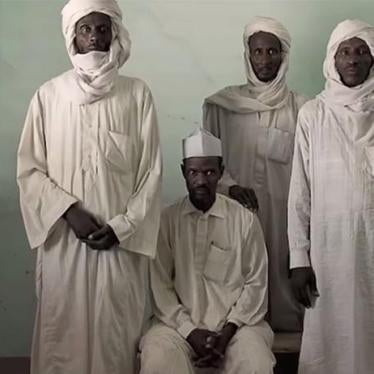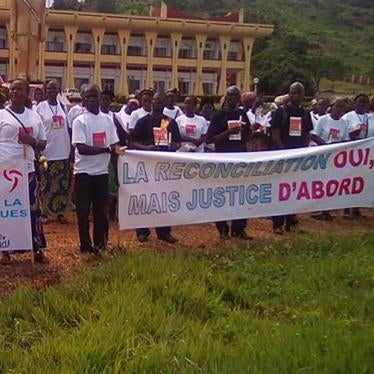The International Criminal Court (ICC) appeals chamber last Friday overturned the conviction against Jean-Pierre Bemba, former vice-president of the Democratic Republic of Congo. Bemba was the court’s sole prosecution from its investigation of crimes in the Central African Republic from 2002 to 2003, and the ruling could send shockwaves through that conflict’s survivors of rape and other abuses.
Bemba’s 2016 conviction was hailed as a significant decision on command responsibility. Many also saw it as major progress toward recognition and justice for sexual violence in conflict everywhere.
The appeals chamber ruled three to two that the trial chamber had convicted Bemba for crimes – rape, murder and pillage – that went beyond the scope of charges as approved for trial. It also found that the trial chamber erred in its application of command responsibility, specifically the duty to prevent and punish crimes by subordinates.
Bemba remains in prison in The Hague for a related conviction on witness tampering. He has been in custody nearly 10 years and ICC judges will need to rule on his release.
By bringing a single case for serious crimes in the Central African Republic in 2002 and 2003, the ICC’s Office of the Prosecutor was unlikely to meet the court’s responsibility to ensure meaningful justice for victims, as we argued in 2011. Today, the victims of these abuses are left without meaningful redress.
Bemba’s acquittal can be expected to have political reverberations across Congo; at the time of his arrest, Bemba was President Joseph Kabila’s chief political rival. Many in the Congo believe that former ICC prosecutor Luis Moreno Ocampo targeted Bemba to encourage Kabila to cooperate with the ICC’s investigation in Congo.
Bemba’s acquittal will also raise broader questions about the ICC, which marks its 20th anniversary in July. An acquittal is a legitimate outcome, but its impact is magnified by the limited number of cases going to trial. With growing investigations in 10 countries and no additional resources, the ICC faces increasing challenges.
The ICC is a critical check against impunity for grave international crimes when national authorities are unwilling or unable to prosecute. Court officials have committed to learning lessons; now they should redouble efforts to ensure the court can deliver on its mandate to bring justice to victims of the worst crimes.










